In Paris, Alain Ducasse elevates the festival food experience
At We Love Green festival, the possessor of the most Michelin stars in the world has set himself a new challenge – to make vegetarian festival food something of substance.
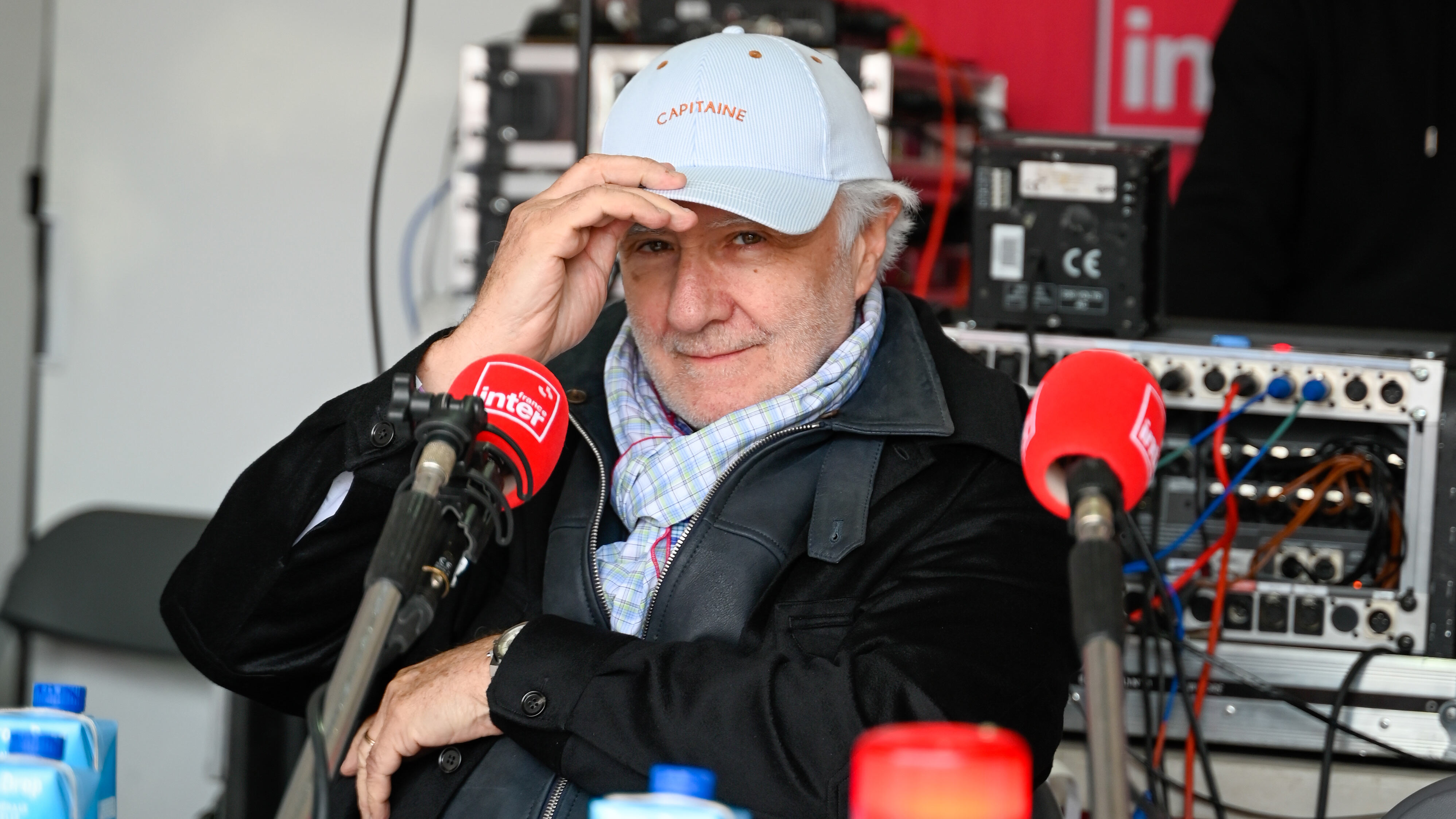
In a three-sided tent backstage at a music festival in woodland on the eastern outskirts of Paris, a pair of radio DJs are gassing up, live on air across France, one of the headliners.
It’s not We Love Green’s opening night top draw, Nigerian Afrobeats superstar Burna Boy. Nor the Saturday night bill-toppers, returning French dance legends Justice. And it’s not Sunday’s main-stage closer, American R&B heavyweight SZA, warming up for her show in the same slot at Glastonbury later this month.
Non, c’est un chef.
‘We’d like to introduce Alain Ducasse,’ begin Marie Misset and Marine Baousson, French-speaking hosts of a daily drivetime show on France Inter, a BBC Radio 1-like station that is ‘left wing and very cultural and [for] young people’, according to one of the team overseeing this outside broadcast.
Then, turning to address their 67-year-old guest, a man shod in festival-unfriendly white Armani trainers and topped with a designer baseball cap that says ‘Capitaine’: ‘You own 34 restaurants in nine countries and have 19 Michelin stars. You have fed numerous presidents, kings and queens. And [now] you are co-president of the We Love Green food committee. It’s very classy to have a food committee with Alain Ducasse. What are you doing here at a music festival where it’s more usual to eat merguez [sausage] than Michelin-starred food?’
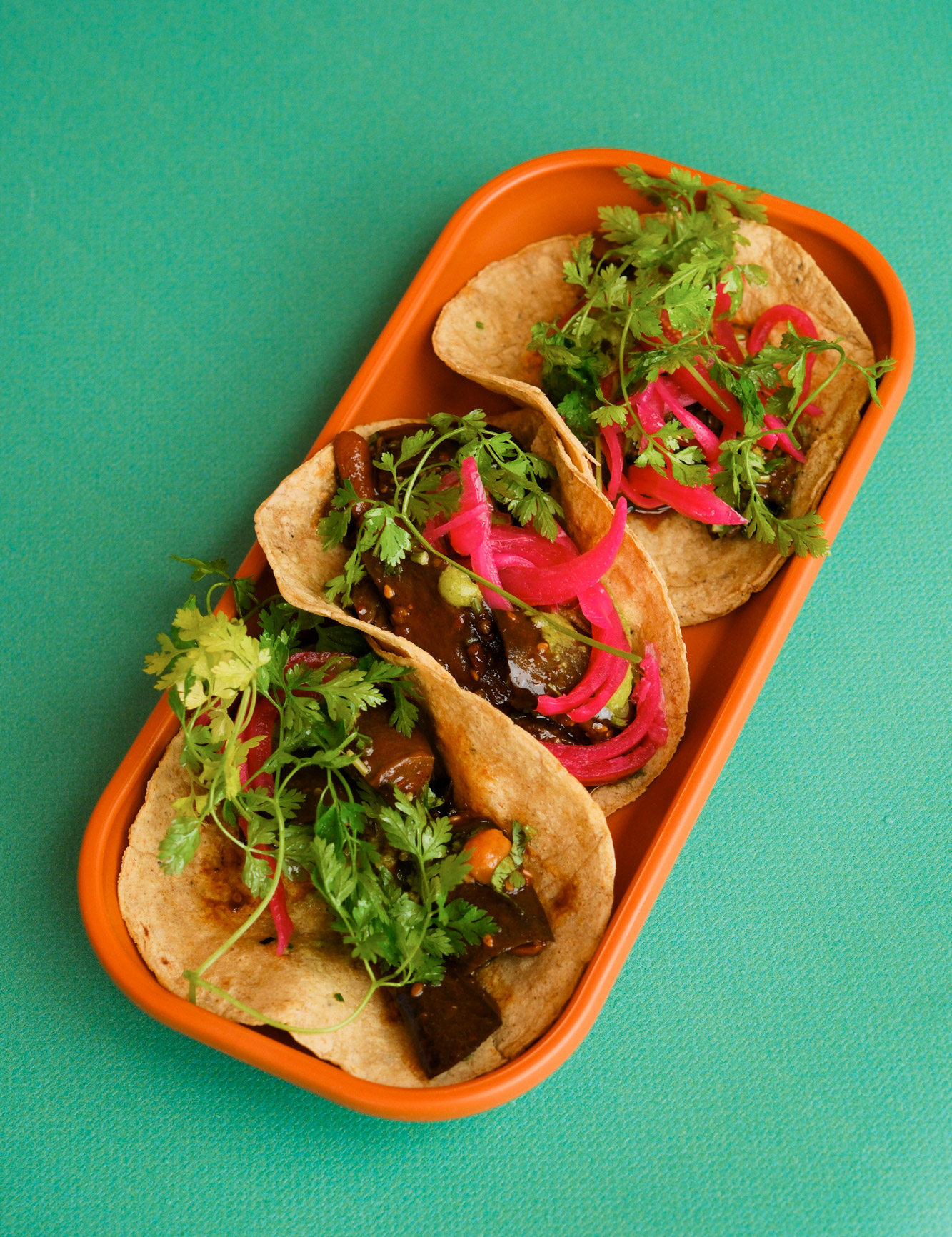
What indeed. Music festivals, certainly in the UK, historically offer both kinds of food: fried and greasy. With booze on their brains and (not unusually) mud on their feet, that’s what gig-goers want and that’s what they get. For all the culinary revolution catalysed by the spread of ‘street-food’ culture and the concomitant wider provision of alternative cuisines at Glastonbury et al, their grubby grub backbone remains the same: murder-burgers, sloppy noodles, all-dough pizzas, slug-like chips.
Chef Ducasse, chair of a jury of French food experts who have chosen some 50 ‘proper’ restaurants and pop-ups to cater We Love Green, is here to change that mindset and that reality.
Wallpaper* Newsletter
Receive our daily digest of inspiration, escapism and design stories from around the world direct to your inbox.
‘I’m trying to bring my vision of food diversity, accessible to everyone,’ he tells the DJs. ‘Simple and efficient food that is going to satisfy every palate… I think the public has to taste everything, and you have to be flexible [in your tastes]. You can’t be an idiot [sic] when you eat – when you eat, you have to know and be interested in what you eat. Every dish is telling a story of the man and woman who prepared it. There should be a lot of patience, because when you have patience, you have pleasure [in what you’re eating].’
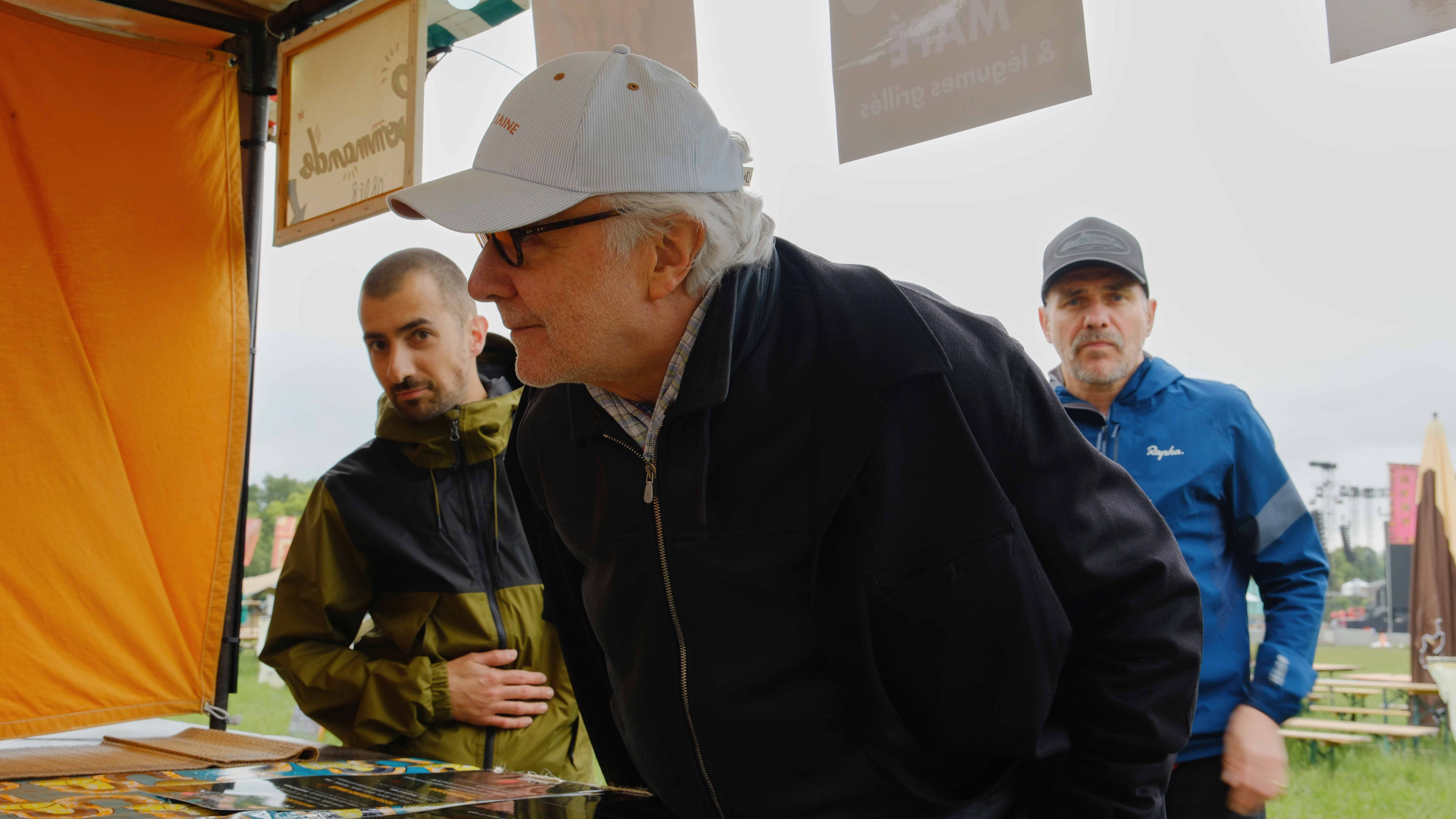
You can’t be an idiot. You have to know and be interested in what you eat. Every dish is telling a story of the man and woman who prepared it. There should be a lot of patience, because when you have patience, you have pleasure [in what you’re eating]
Alain Ducasse
We Love Green is a three-day, five-stages event in Bois de Vincennes that is built, from its name upwards, on principles of sustainability. True to that ethos, it’s also intent on revolutionising festival food, one Bao bun and rice-patty aubergine burger at a time. As Time Out Paris wrote last year, on the occasion of the event entirely forswearing meat onsite: ‘Végé dream à We Love Green! Révolution! Pour ses stands food, le festival bascule en 100% végétarien. Une première en France.’
Explaining that bascule – shift or pivot – Thomas Grünberg, We Love Green’s Head of Food Selection and Curation, says that ‘we’ve been thinking about this for years now. But we were a bit scared. Maybe we thought we were not ready, the public were not ready, the restaurants we’re working with were not ready. But last year we thought: OK, this is the right time.’
Grünberg is talking to me at the end of a tour we’ve taken with Ducasse of some of stallholders chosen by the superchef’s jury: the African Street Food of BMK, the artistan baguettes of Les Pimpains, the plant-based kebabs of Sezondo (‘pour les viandardes’ – meat-lovers – ‘aussi’).
‘The main thing was, we didn’t want to use fake meat or fake cheese, and still have burgers and hotdogs [using those products],’ continues Grünberg. ‘That is fake vegetarian food. The trick was: how do we do an original, proper, French vegetarian food at the festival using local, seasonal produce? And still have sexy food – the food you want at a festival, not little salads with blah blah blah,’ he says witheringly. ‘So it was complex.’
Part of that ‘trick’ for We Love Green 2024 was collaborating with Chef Ducasse.
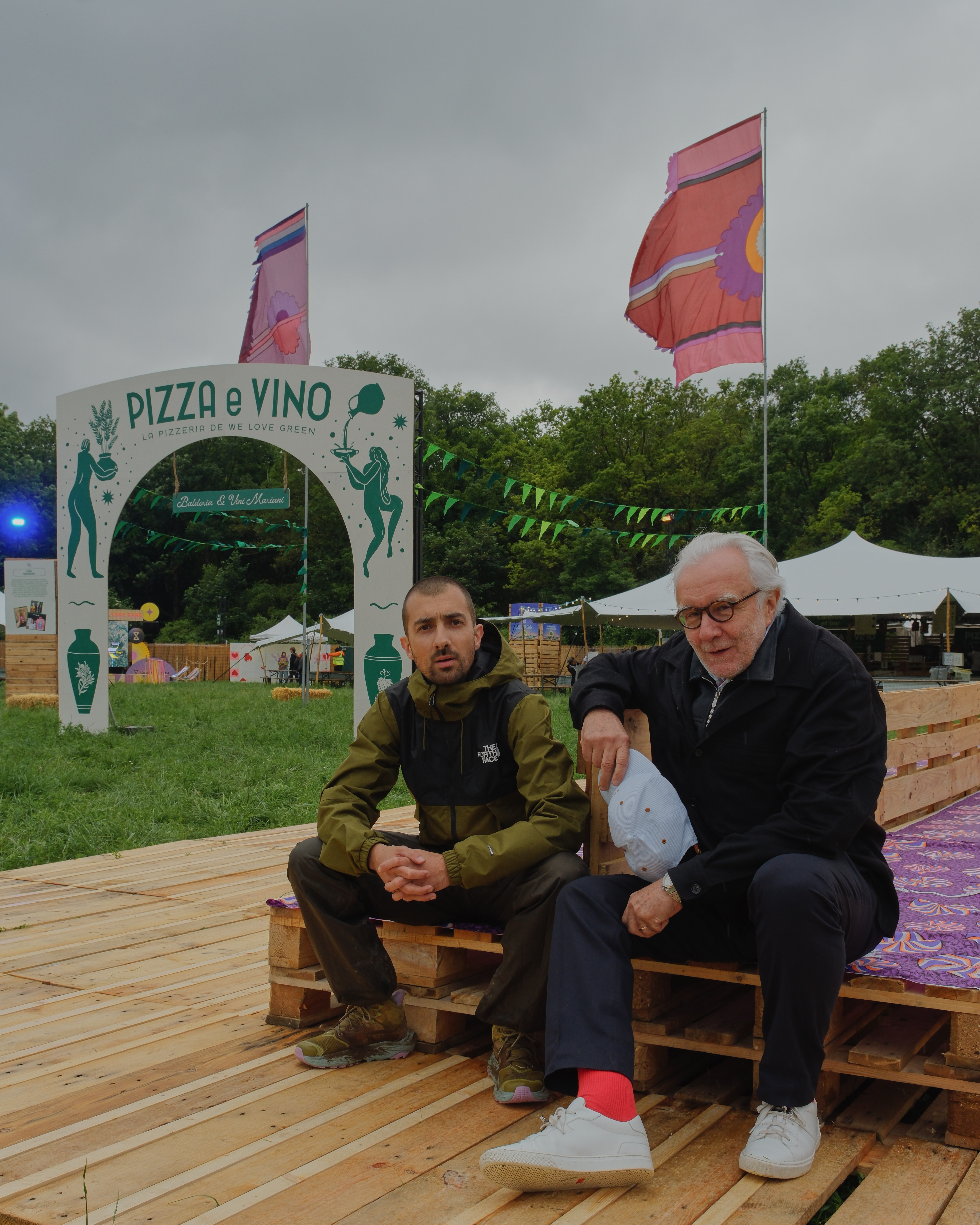
‘J’adore Wallpaper*,’ begins the possessor of the most Michelin stars in the world (beating Gordon Ramsay into second place) when we meet at lunchtime, three days before the festival. We’re talking in Le Dalí, one of two suitably fabulous restaurants Ducasse operates in the historic, five-star Le Meurice, part of the Dorchester Collection of hotels. Having had the privilege during my visit of eating in both of those temples of gastronomy, I can wholeheartedly say that Wallpaper* reciprocates that adoration.
I ask what this culinary icon knew, 50 years into his gastronomic career, of music festival food prior to his involvement with We Love Green.
‘I knew it was greasy, fried, with a lot of sugar,’ he tells me in English before switching to French, via a translator. ‘So we wanted to go another way. We wanted to change perceptions about this kind of proposal – more seeds, more grains, more greens, more vegetables. More health. Not too many additives, or fat, or salt.’
As he will say on-air to the France Inter team, diversity was equally important. ‘The festival food is a chilled but serious and modern proposition. It’s about freedom, and here in 2024 we want to represent how people eat all different things. We have food from Asia, Greece, South Africa – a real mix, representing society now.’
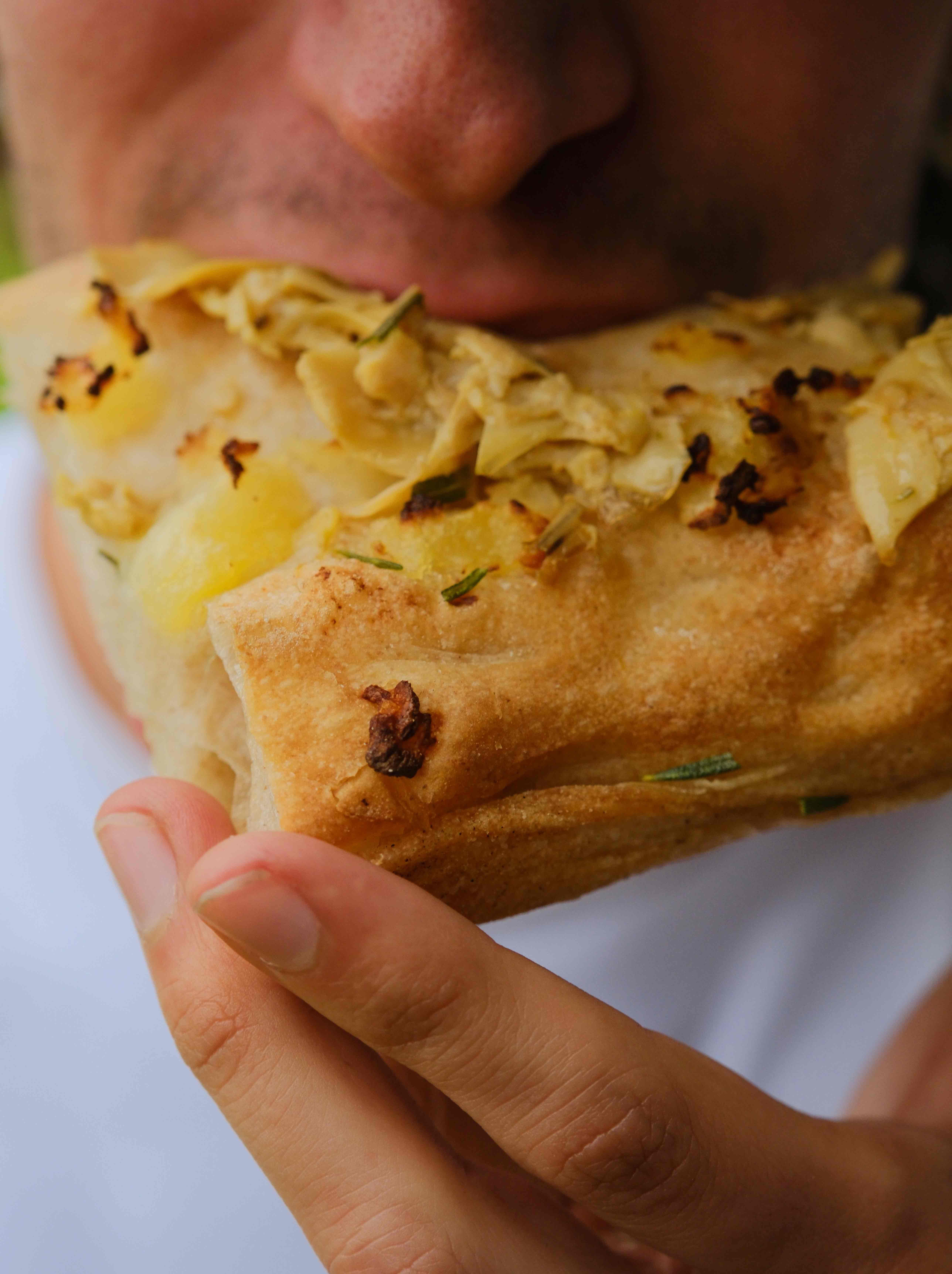
For the successful kitchen teams, culinary skills had to be backed by logistical capability. With the festival attracting some 100,000 music-lovers over three days, approximately 150,000 dishes would have to be served – and quickly. As puts it: ‘It’s difficult [for the chefs] to participate: you can talk all the talk, but you have to deliver the food and be good at what you do and satisfy the public. But I am very happy that We Love Green is going on this path. It’s a real evolution I want to be part of.’
And that’s evolution, not revolution. Ducasse, Grünberg and the festival team understand that their food offerings have to be mindful of their audience’s tastes – particularly when, as is often the case, the elements are against us and comfort food is in order. So, on a woodland site not spared the soggy, boggy start to the British summer festival season, I’m pleased to report that, yes, chips were available. Albeit chips purveyed by Friterie 3000, a Champion du Monde de la Frite Arras 2023. These, then, are nationally-renowned, prize-winning chips.
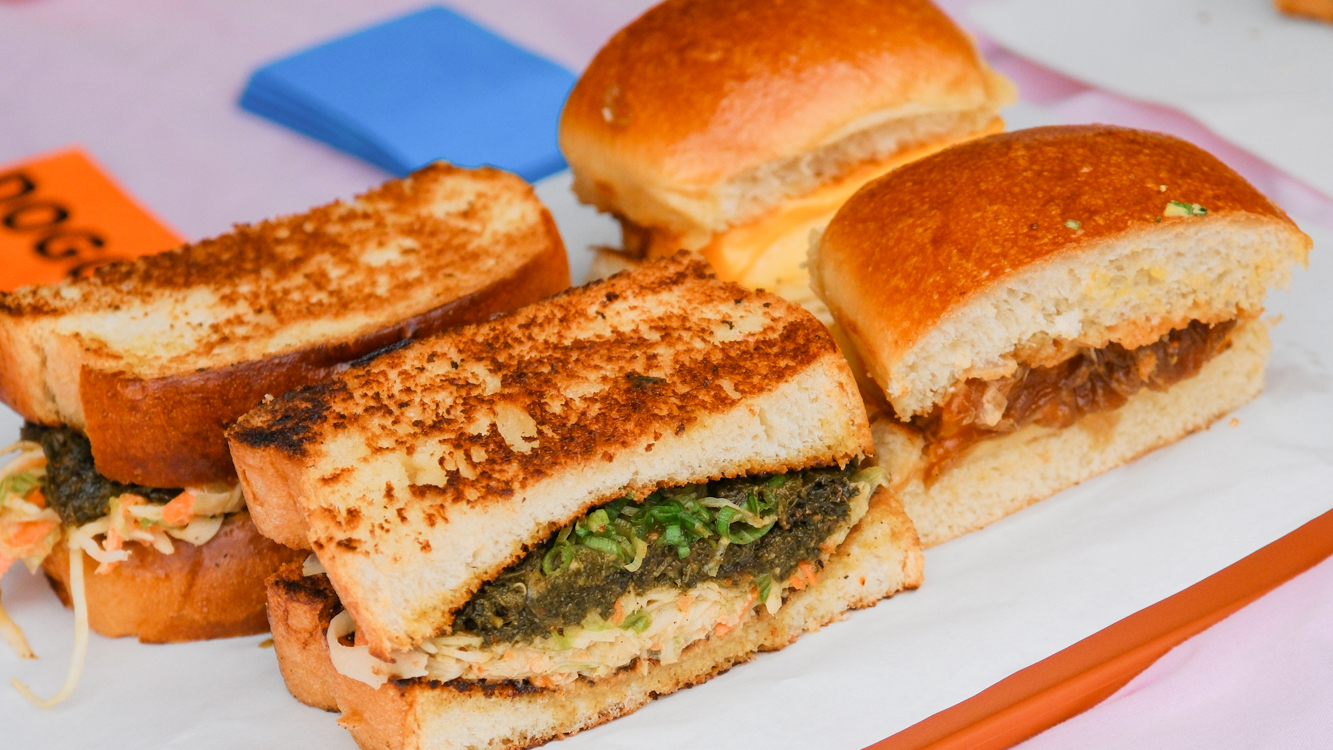
Alain Ducasse, though, wasn’t having any of those. After his tour of the stalls and before the live music kicked in, he headed for the exit, hopped on the back of a motorbike taxi and roared off to his next appointment: at Roland-Garros, where local hero Corentin Moutet was playing in the third round of the French Open (he won, making him the last Frenchman standing in the tennis tournament).
Back at Le Dalí, I’d asked what message he’d like British audiences to understand from his mission at We Love Green, about how he was hoping to change the way music festivals present food.
‘We have to immerse ourselves in new experiences,’ Ducasse replied. ‘It’s time to open your minds and take a risk.’
Yes, Chef.
London-based Scot, the writer Craig McLean is consultant editor at The Face and contributes to The Daily Telegraph, Esquire, The Observer Magazine and the London Evening Standard, among other titles. He was ghostwriter for Phil Collins' bestselling memoir Not Dead Yet.
-
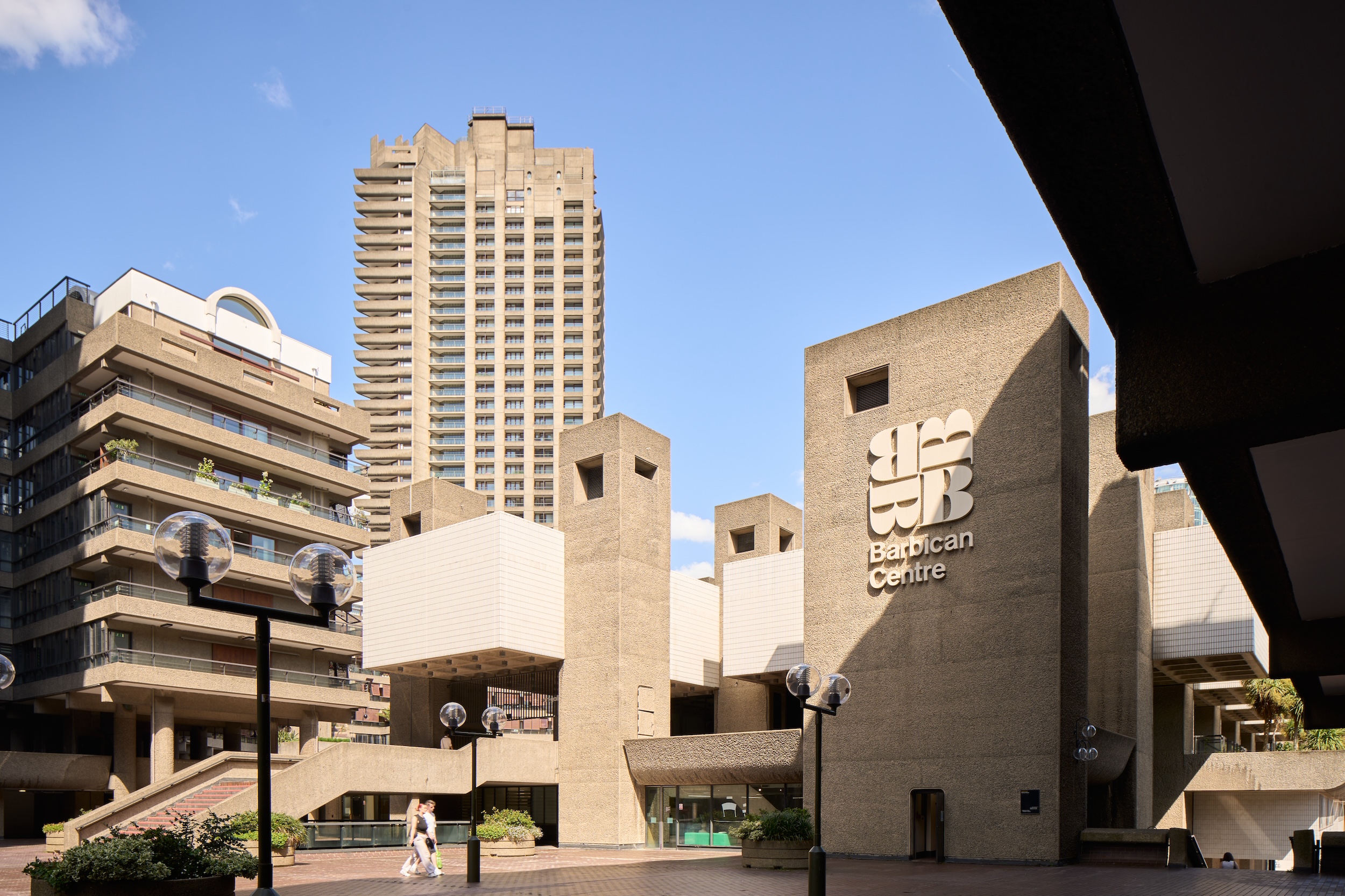 Warp Records announces its first event in over a decade at the Barbican
Warp Records announces its first event in over a decade at the Barbican‘A Warp Happening,' landing 14 June, is guaranteed to be an epic day out
By Tianna Williams
-
 Cure your ‘beauty burnout’ with Kindred Black’s artisanal glassware
Cure your ‘beauty burnout’ with Kindred Black’s artisanal glasswareDoes a cure for ‘beauty burnout’ lie in bespoke design? The founders of Kindred Black think so. Here, they talk Wallpaper* through the brand’s latest made-to-order venture
By India Birgitta Jarvis
-
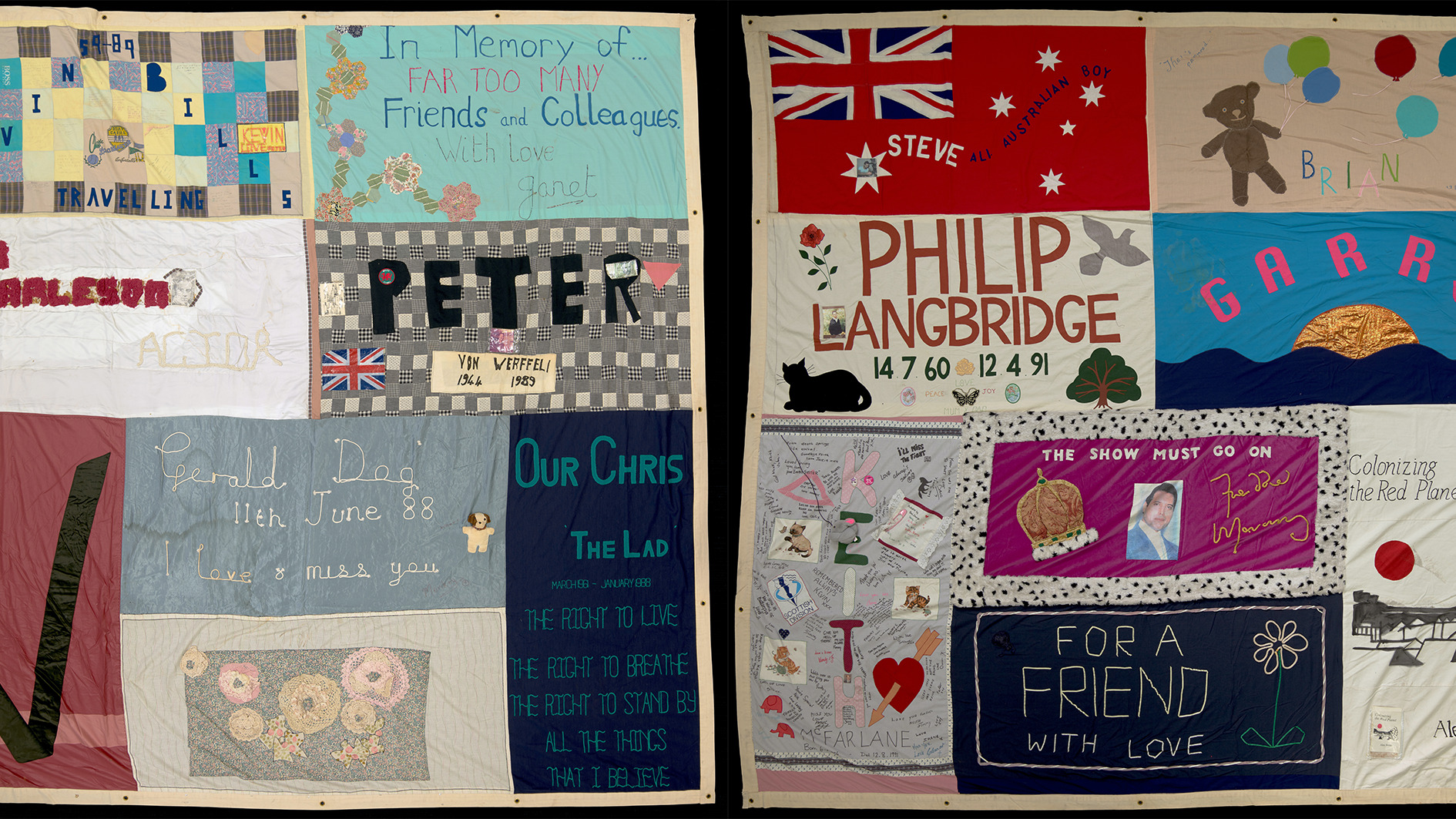 The UK AIDS Memorial Quilt will be shown at Tate Modern
The UK AIDS Memorial Quilt will be shown at Tate ModernThe 42-panel quilt, which commemorates those affected by HIV and AIDS, will be displayed in Tate Modern’s Turbine Hall in June 2025
By Anna Solomon
-
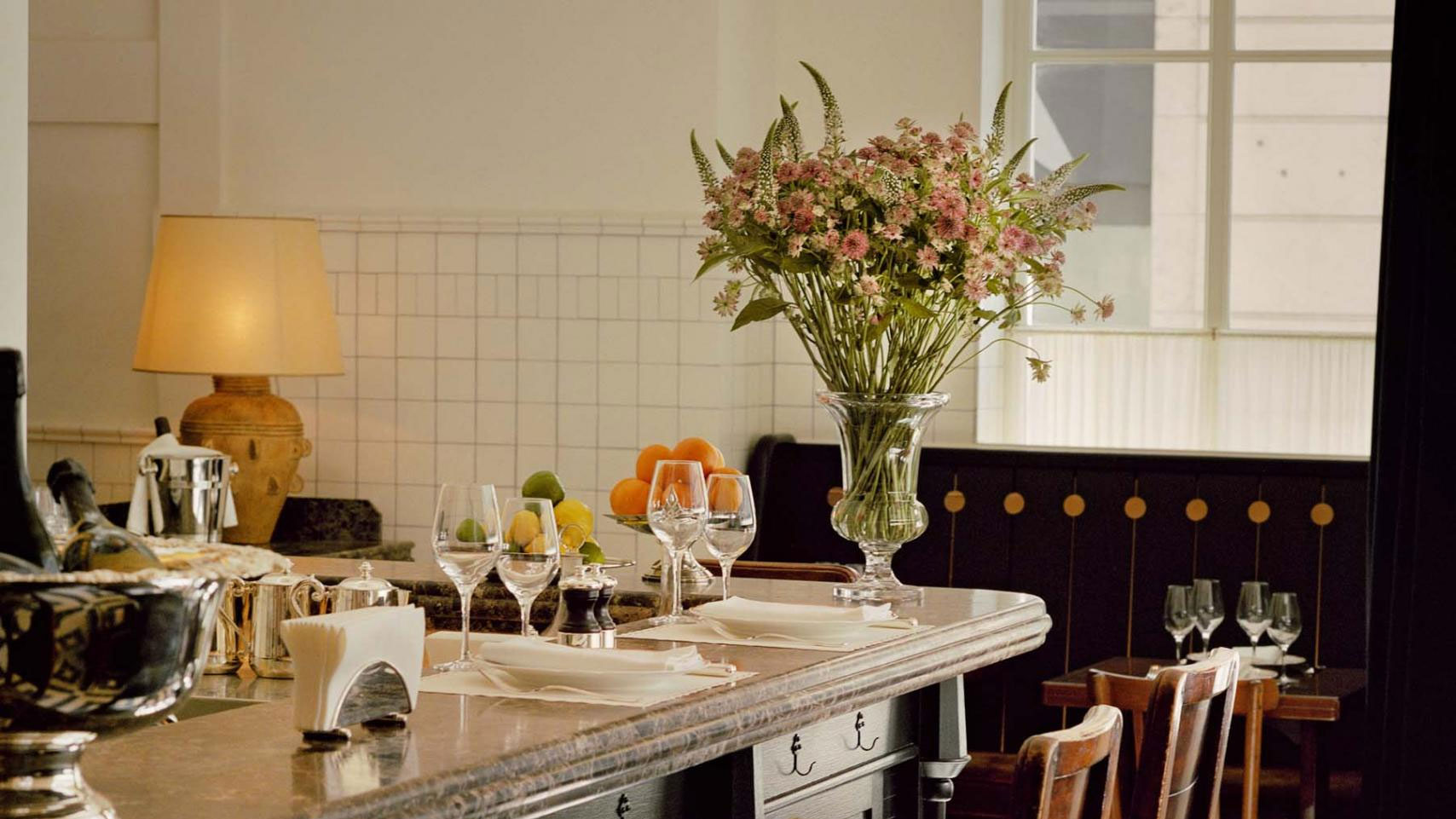 Where fashion editors eat and drink during Paris Fashion Week
Where fashion editors eat and drink during Paris Fashion WeekIntroducing the under-the-radar Paris bars and restaurants where you might spy the Wallpaper* fashion team escaping the crowds this week
By Anna Solomon
-
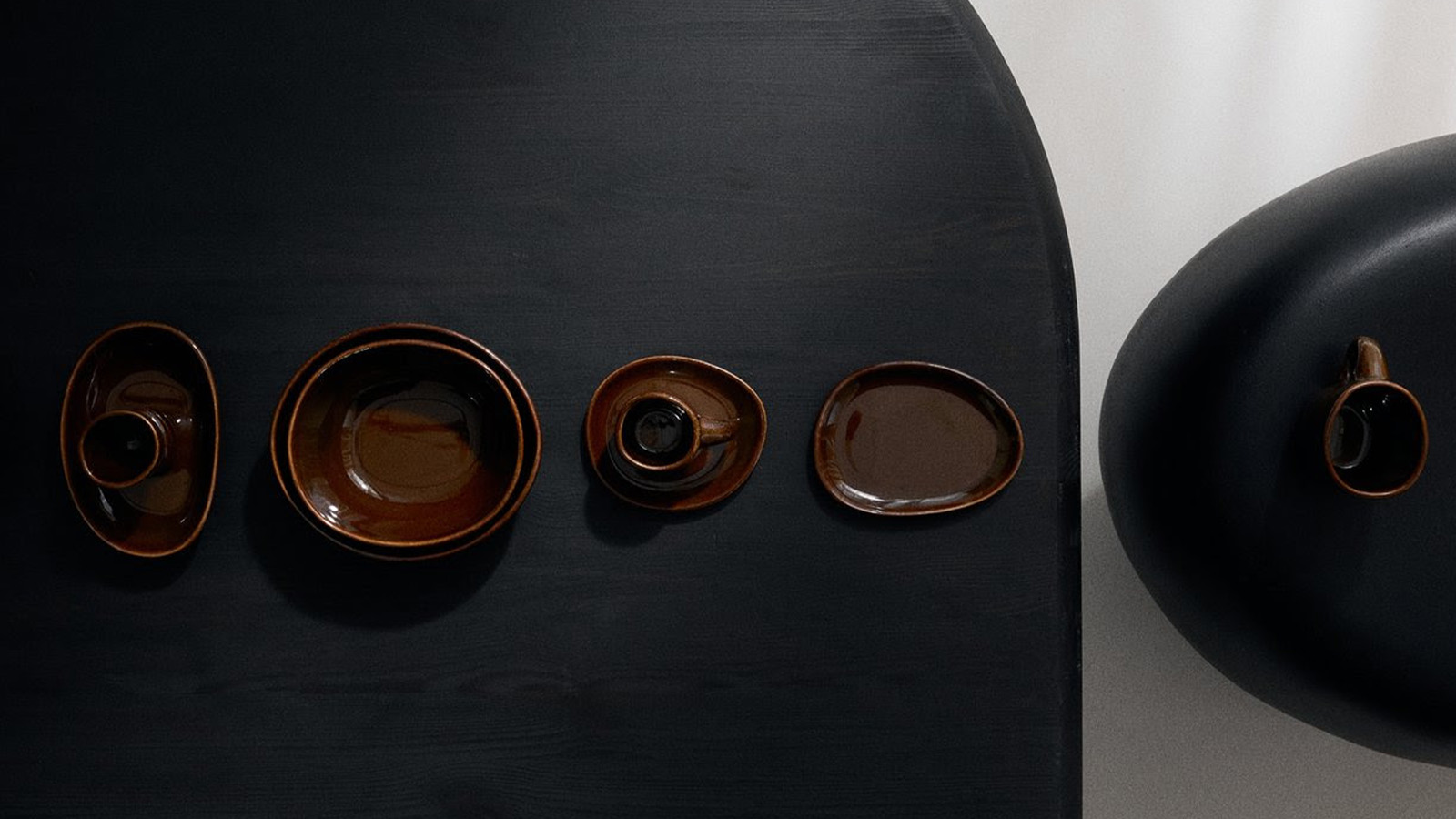 Embrace evenings in with Serax’s new tableware, perfect for a cosy season of dining
Embrace evenings in with Serax’s new tableware, perfect for a cosy season of diningRevealed at Maison & Object in Paris, Serax’s tableware collections in collaboration with artists, designers and architects are sure to make you want to dine in
By Tianna Williams
-
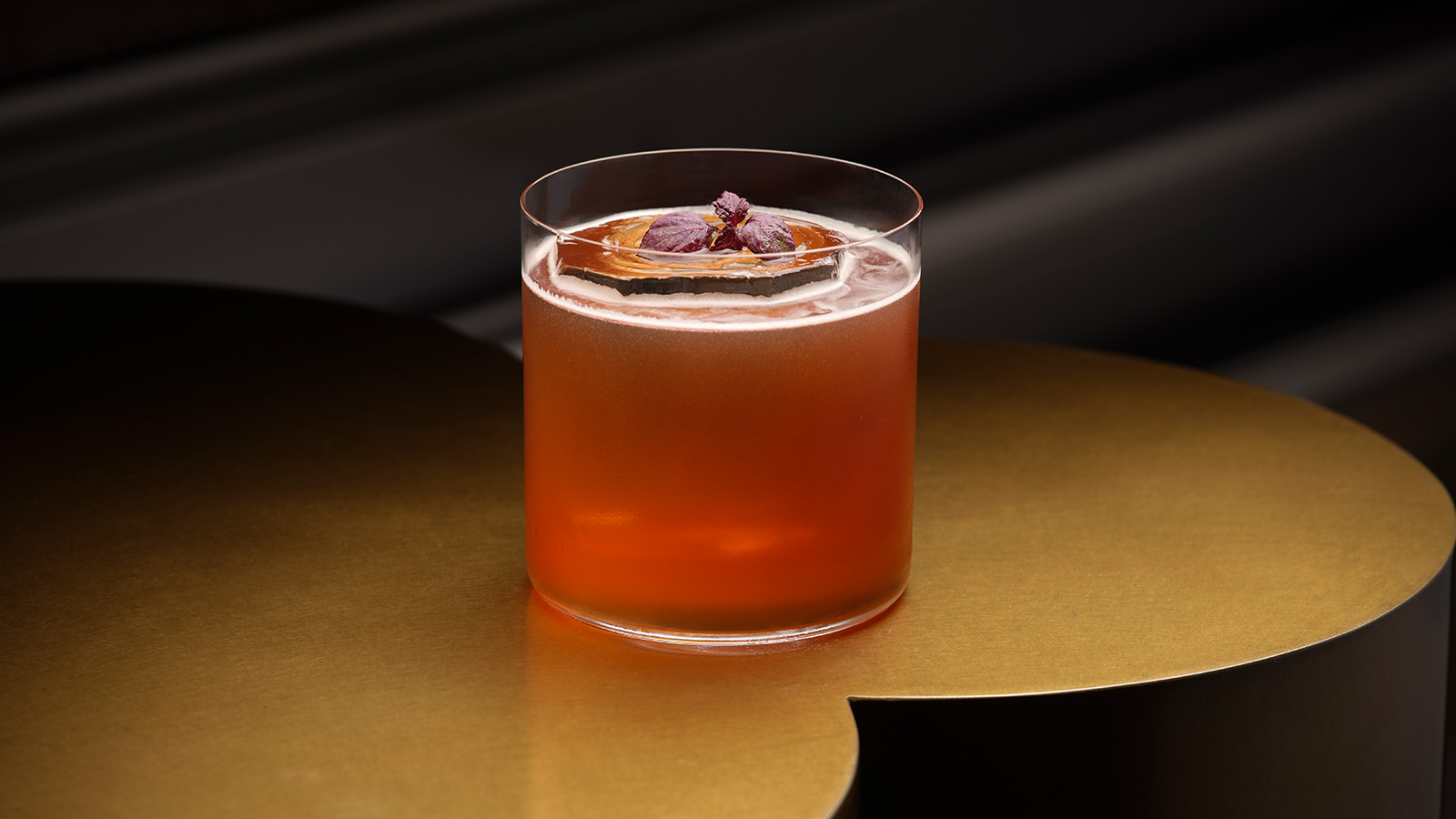 These Paris cocktail bars are a perfect mix
These Paris cocktail bars are a perfect mixExploring the best cocktail bars in Paris, our resident drinks writer Neil Ridley discovers a perfect mix
By Neil Ridley
-
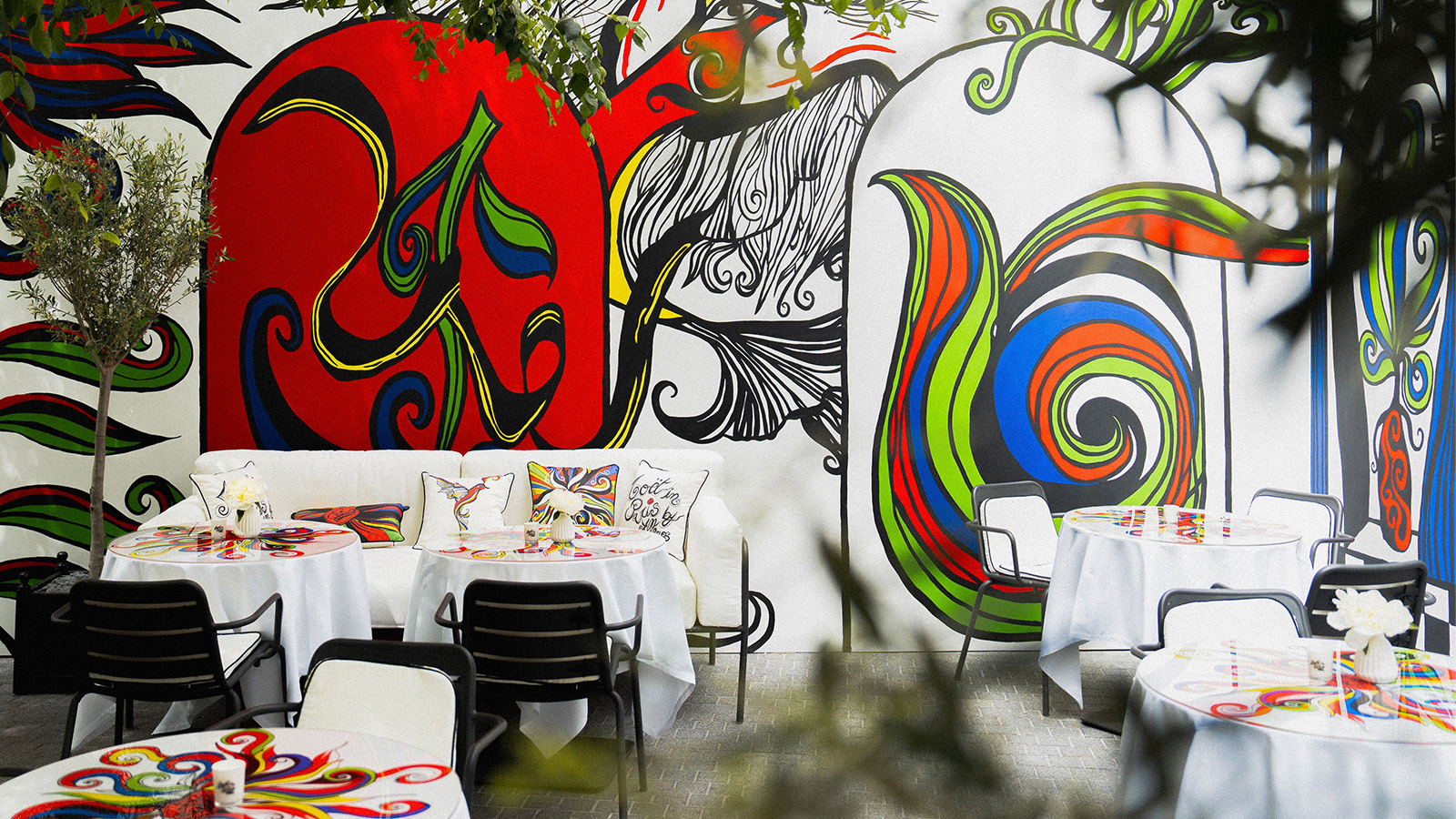 ‘Moët in Paris by Allénos’ is a restaurant bursting with colour and energy this summer
‘Moët in Paris by Allénos’ is a restaurant bursting with colour and energy this summerThe ‘Moët in Paris by Allénos’ pop-up offers a vibrant space to enjoy the best of Parisian culture with an elegant French menu and interiors designed by Charles de Vilmorin
By Melina Keays
-
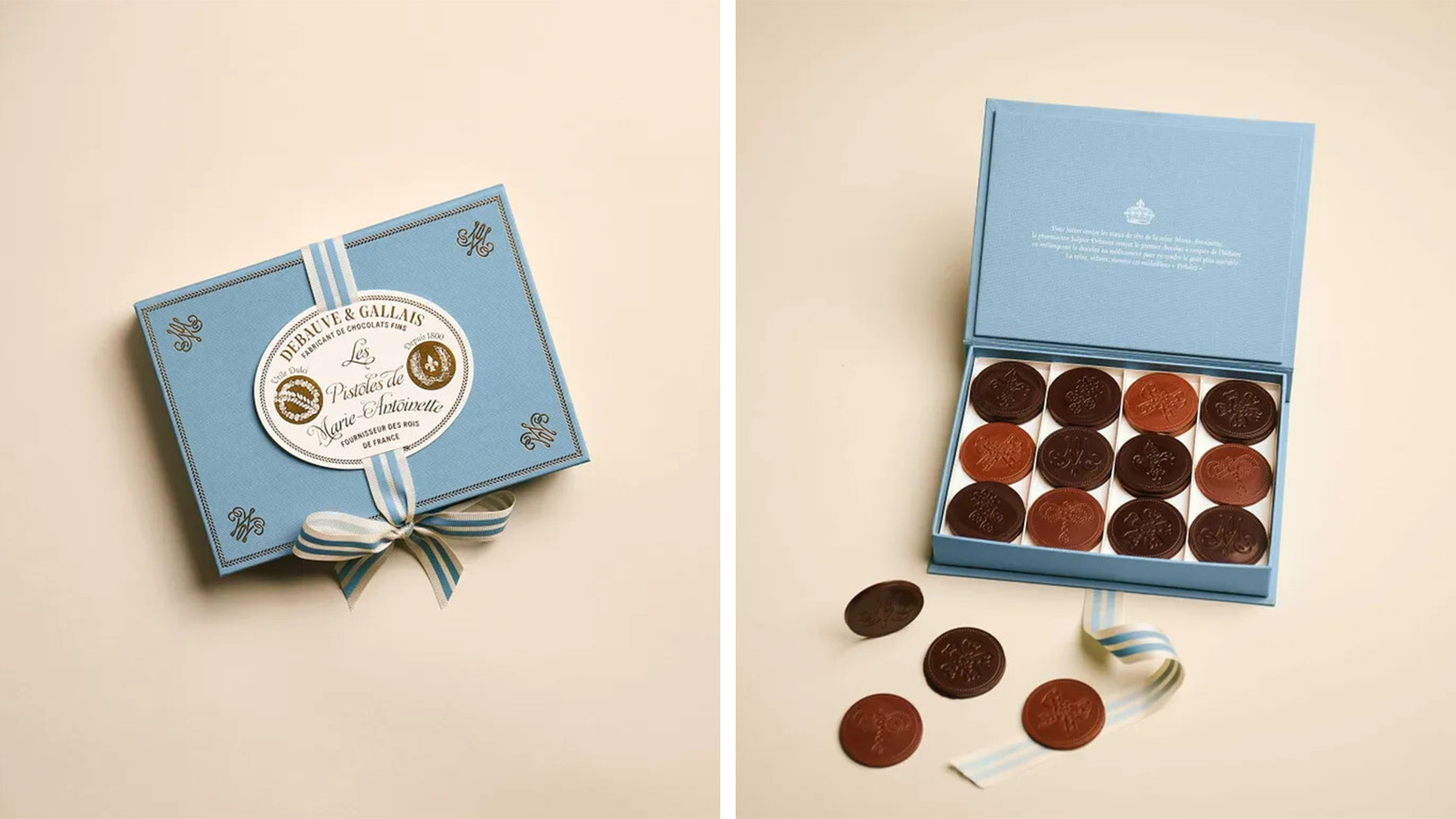 How Debauve et Gallais and Marie Antoinette sparked a chocolate revolution
How Debauve et Gallais and Marie Antoinette sparked a chocolate revolutionParis chocolatier Debauve et Gallais is built on a sweet legacy, involving a chocolate coin designed to cure Marie Antoinette of her distaste for medicine
By James Gurney
-
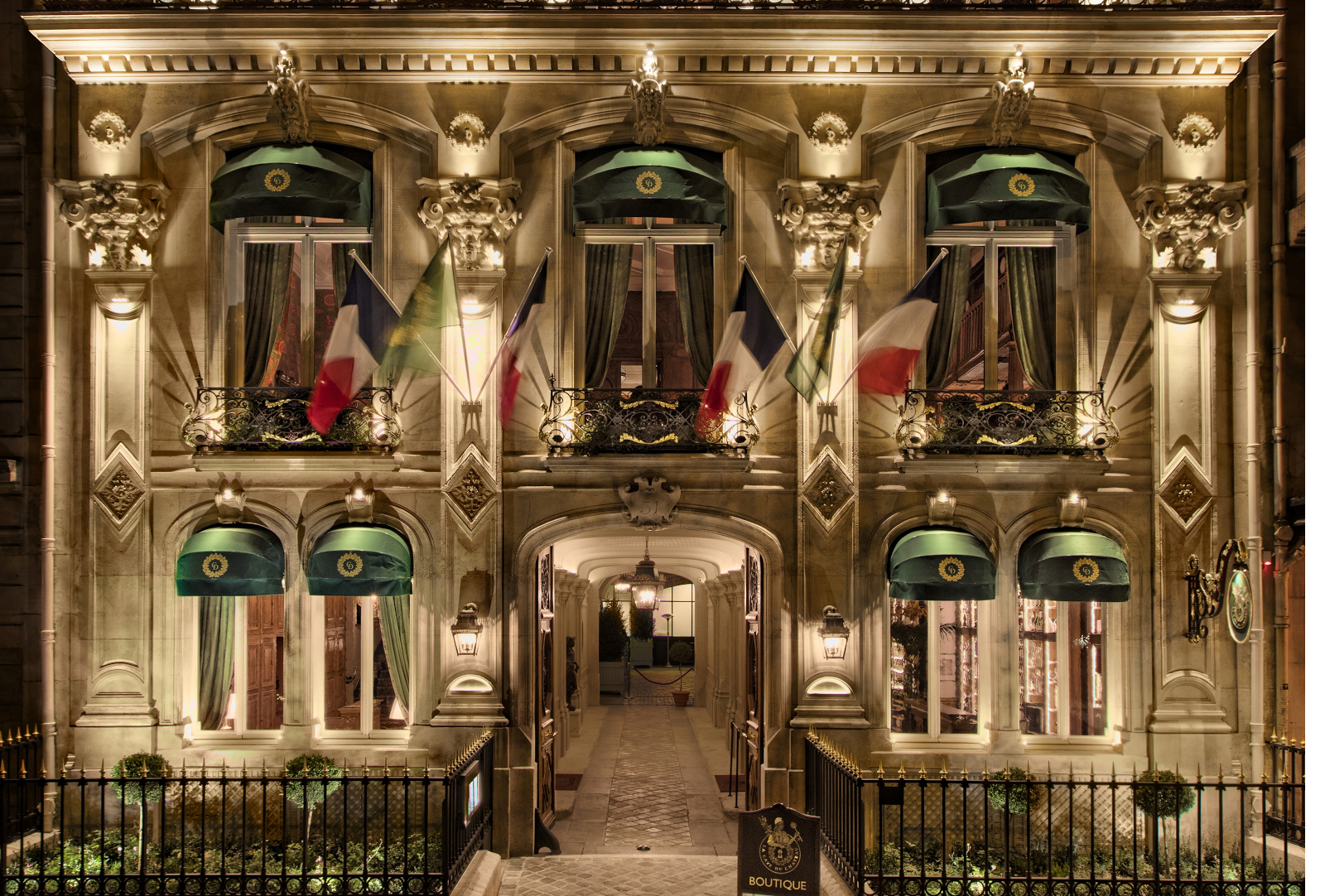 Le Clarence: a culinary gem within Paris’ historic Golden Triangle
Le Clarence: a culinary gem within Paris’ historic Golden TriangleLe Clarence restaurant at The Hotel Dillon flies the flag for a new era of French luxury as the city gears up for the 2024 Olympic Games
By Melina Keays
-
 Saint Laurent and Sant Ambroeus celebrate the joy of ice cream with Paris gelato cart
Saint Laurent and Sant Ambroeus celebrate the joy of ice cream with Paris gelato cartSaint Laurent Rive Droite has united with Milanese patisserie Sant Ambroeus on a six-flavour Italian gelato cart, arriving at the house’s Paris store ready for the height of summer
By Jack Moss
-
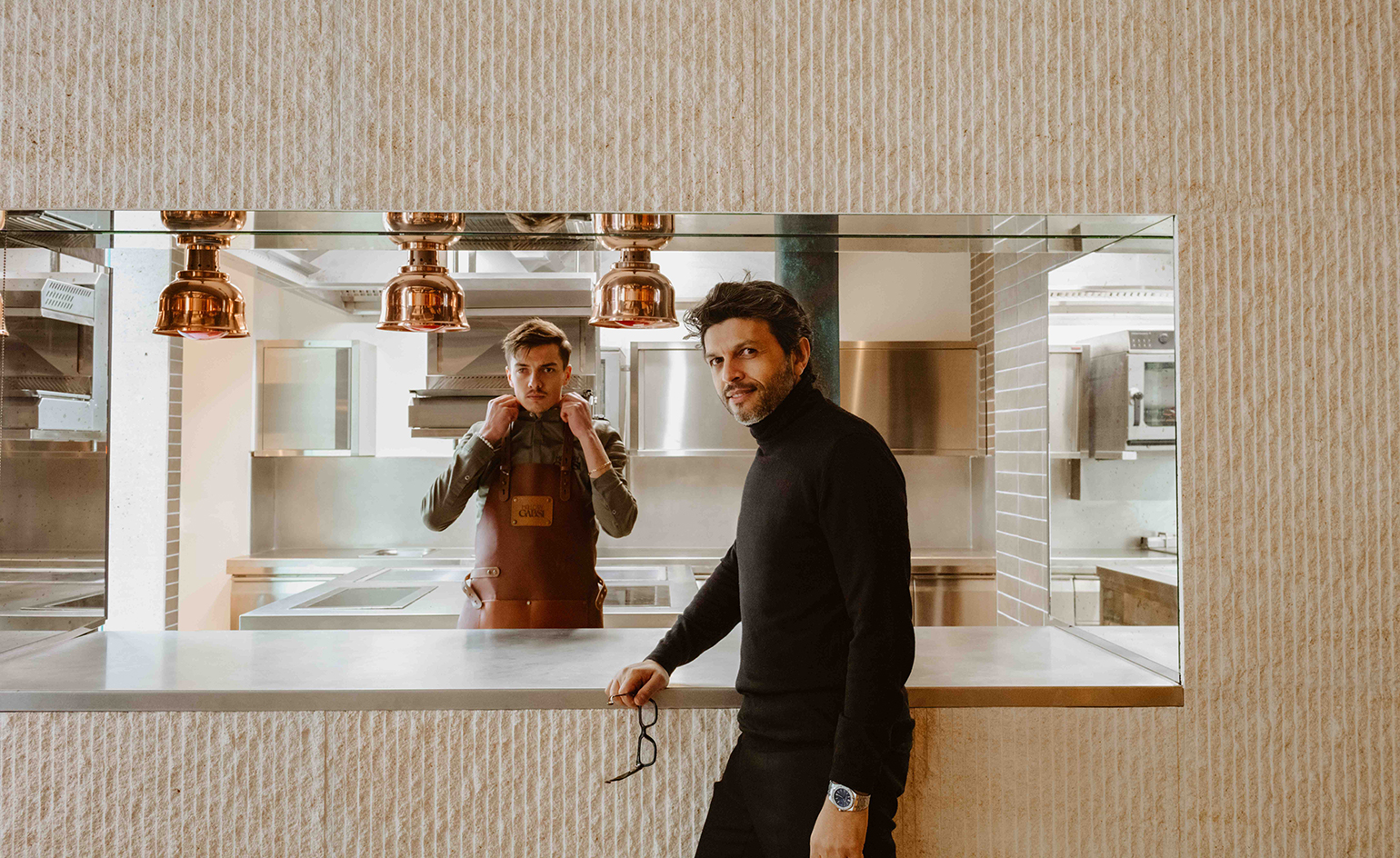 Young chef Mallory Gabsi opens his first restaurant in Paris
Young chef Mallory Gabsi opens his first restaurant in Paris25-year-old Belgian chef Mallory Gabsi has collaborated with designer Arnaud Behzadi to create a welcoming, contemporary restaurant in the heart of Paris
By Mary Cleary